Discover Intelligent Design the Future
Intelligent Design the Future

Intelligent Design the Future
Author: Discovery Institute's Center for Science and Culture
Subscribed: 1,186Played: 118,878Subscribe
Share
© Discovery Institute
Description
The ID The Future (IDTF) podcast carries on Discovery Institute's mission of exploring the issues central to evolution and intelligent design. IDTF is a short podcast providing you with the most current news and views on evolution and ID. IDTF delivers brief interviews with key scientists and scholars developing the theory of ID, as well as insightful commentary from Discovery Institute senior fellows and staff on the scientific, educational and legal aspects of the debate. Episode notes and archives available at idthefuture.com.
723 Episodes
Reverse
Over After Dover. That was the hopeful mantra of many critics of intelligent design (ID) after the Kitzmiller vs. Dover trial in 2005. They were hoping a federal judge could issue a decree from on high that would stop the ID movement cold in its tracks and neo-Darwinism could go back to being unquestioned, unchallenged orthodoxy. But was it over after Dover? Not even close. On this ID The Future, host Andrew McDiarmid marks the 20th anniversary of the Dover trial by beginning a two-part conversation with geologist, legal scholar, and Dover trial expert Dr. Casey Luskin. Luskin takes us back to 2005 to give us his unique perspective on the events that led to the Dover trial, his own personal experiences of the case, and the position the Discovery Institute's Center for Science & Culture held on the issues at stake. This is Part 1 of a two-part conversation.
Source
Are we responsible for our choices? What can the laws of nature teach us about morality? On this classic episode of ID The Future from the archive, host Andrew McDiarmid welcomes back Dr. Eric Hedin, Professor Emeritus of Physics and Astronomy at Ball State University, to conclude a discussion about his two recent articles on suffering, free will, and morality in a designed world.
Some scientists continue to argue that human free will is an illusion and that we have no more control over our choices than the decision to breathe. But this idea, known as determinism, flies in the face of our human experience. Dr. Hedin explains that far from being slaves to external forces, humans have a great latitude of freedom in the universe. In other words, the ball is in our court.
This is Part 2 of a two-part discussion.
Source
A Quick Message From Host Andrew McDiarmid: Hey thanks for joining me! Did you know that although ID The Future is free content, it’s not free to produce? If you’re enjoying the interviews, commentaries, and readings you hear on the podcast, would you consider partnering with me to create more new content next year? Support the CSC today to help me generate another amazing lineup of interviews with ID scientists and scholars. Thanks for your support! When biologists use principles of engineering to study living systems, they can gain a richer, deeper understanding of how and why life works. But most biologists are trained to view design as the product of a blind, purposeless, gradual evolutionary process. Today on ID Read More ›
Source
It's easy to be blown away by the examples of engineering prowess in the human body. But it can be challenging to turn that evidence into a robust argument for intelligent design you can share with skeptical friends and colleagues. To help you learn to do that, host Andrew McDiarmid begins a roundtable discussion with not one, not two, not three, but four guests to the podcast, all part of our team of resident scientists at Discovery Institute’s Center for Science and Culture: geologist and lawyer Casey Luskin, biochemist and metabolic nutritionist Emily Reeves, biologist Jonathan McLatchie, and physicist Brian Miller. The first half of the discussion kicks off with a review of the basics of design detection, including various methods for empirically detecting the hallmarks of design in nature. After that, these four experts take turns diving into examples of extraordinary design in the human body. This is Part 1 of a two-part conversation.
Source
Is natural evil an argument against intelligent design? And is human evil more consistent with naturalism or theism? On this classic ID The Future episode, host Andrew McDiarmid speaks with Dr. Eric Hedin about his article "Thoughts of Evil in a Designed World."
First, Dr. Hedin discusses the problem of natural evils like earthquakes, hurricanes, droughts, and other natural disasters. He reports that in the last century, the human death toll from such tragedies has dropped as we have learned to mitigate the effects of these natural forces in our lives. Hedin also discusses the impact of sickness on our bodies. "Any complex system can break down," Hedin reminds us, "because we do live in a world where the second law of thermodynamics applies not just to stars and mountainsides and physical systems but also to our own bodies." But suffering, tragic as it can be for all of us to endure, is not inconsistent with design.
Then there's the other major cause of suffering in life: human evil. If humans are products of an evolutionary process, we'd expect human evil to more or less match what we see in the animal world. But as recent attacks on the people of Israel starkly demonstrate, that is not the case. We are capable of much worse, as well as much better. Dr. Hedin explains that humans have the gift of rational override, something determinists tend to forget. This is Part 1 of a two-part conversation.
Source
On today’s ID The Future, host Brian Miller concludes a two-part conversation with physicist Aaron Zimmer and mathematician Ellie Feder, hosts of the Physics to God podcast, as they critique current explanations for the laws of nature and argue for an intelligent cause of the rules that govern the universe. This half of the conversation tackles the attempts made by scientists to explain these life-friendly laws as the result of chance, not design. This is Part 2 of a two-part conversation.
Source
You might already have heard that the laws that govern our universe are finely tuned to allow for our existence. But beneath the special numbers of the universe lies an even deeper mystery: the laws of nature themselves. On today's ID The Future, join host Brian Miller as he begins a two-part conversation with physicist Aaron Zimmer and mathematician Ellie Feder, hosts of the Physics to God podcast, as they discuss their new work arguing for an intelligent cause based on the qualitative structure of reality's rules.
The dream of finding a unique, logically necessary "theory of everything" has failed, which leaves an intriguing question: Why these specific laws? Zimmer and Feder explain why fundamental forces like gravity and complex systems like quantum mechanics are uniquely designed to produce a complex universe featuring atoms, molecules, stars, and life. The new argument focuses on the fundamental qualitative structure of the laws of nature, rather than the finely tuned quantities. Zimmer and Feder argue that these laws are not logically necessary, debunking the idea that a unique "theory of everything" could explain them. Instead, the laws are uniquely designed to produce a complex universe.
This is Part 1 of a two-part conversation.
Source
Progress is an appealing idea, but what happens when we do not all desire the same things? On this ID The Future, we mark the 60th anniversary of the death of British writer C. S. Lewis as host Andrew McDiarmid concludes a conversation with Dr. John West about Lewis's prophetic warnings to us about science and scientism. Dr. West explains how scientism harms real scientific progress and leads to moral relativism. And he discusses how we can bring science back into alignment with older, deeper human truths. This is Part 2 of a two-part conversation.
Source
No amount of small, blind, and gradual changes to the steam engine could ever have produced the internal combustion engine. To get to that fundamentally new type of engine, an infusion of new information was required. That analogy can be applied to the origin of biological life too. The spectacular order, complexity, and design we see in life could not have been achieved gradually by a process that lacked foresight. On today's ID The Future, host Andrew McDiarmid welcomes mathematician Granville Sewell to the podcast to share some of his compelling arguments for intelligent design.
We might think that mathematicians are focused on incredibly complex ideas and equations, way above the everyday thoughts of the rest of us. But as Sewell points out, mathematicians are trained to value simplicity, and complex problems can often be solved in simple ways. Sewell's straightforward, yet profound arguments for intelligent design are worth memorizing and sharing with your friends, family, and associates.
Source
Failed ideas tend to eventually crumble under the weight of contrary evidence. Is modern evolutionary theory heading for the same fate? On this ID The Future, host Andrew McDiarmid speaks to biochemist Michael J. Behe about his core arguments for intelligent design and his recent experience sharing them at an Ivy League school. Behe, a professor of biochemistry at Lehigh University and author of Darwin's Black Box, recently presented some of his ID arguments to faculty, students, and post-docs at Cornell University. Behe reveals how his talk was received and shares some of his key insights highlighting the problems with Darwinian evolution.
Source
What happens when science leaves human values behind? Or when governments become beholden to scientists? On this classic ID The Future out of the vault, we mark the 60th anniversary of the death of British writer C. S. Lewis as host Andrew McDiarmid begins a conversation with Dr. John West about Lewis's prophetic warnings to us about science and scientism. Dr. West discusses what scientism is, what happens when science neglects deeper human truths, and how Lewis warned against the rise of technocracies. This is Part 1 of a two-part conversation.
Source
Did God use evolution to create life? On this ID The Future, we’re sharing the second half of a recent conversation with Dr. Casey Luskin that originally aired on the Truthful Hope podcast. Casey is critiquing theistic evolution, the view that God used evolutionary mechanisms to create life. In today's episode, he continues by next addressing the inadequacy of natural selection and random mutation to generate biological complexity. Luskin also points out that even non-ID scientists have expressed skepticism about the explanatory power of neo-Darwinism. All this makes it very hard to justify the position of theistic evolutionists, who claim God uses evolution to create life. In reality, the more we learn about the complexity and design of life, the less adequate neo-Darwinism is as an explanation. This is Part 2 of a two-part conversation.
Source
Some people attempt to reconcile belief in God with the standard evolutionary account of life's origins by combining the two. Theistic evolution is the view that God used evolutionary mechanisms to create life. But does this view stand up to scrutiny? Today, Dr. Casey Luskin critiques this perspective in the first half of a conversation that originally aired on the Truthful Hope podcast.
The conversation kicks off with some clarity over terms, including what is meant by “evolution.” The theistic evolution perspective, also sometimes called evolutionary creation, accepts the standard scientific evolutionary account—the same view held by atheists—and simply adds the theological claim, "but this is how God did it". Critically, these proponents reject the idea that design can be empirically or scientifically detected in nature. As Luskin highlights, the central scientific problem with theistic evolution is that it inherits all the numerous scientific problems associated with the standard evolutionary account. This first half of the conversation rounds out with examples of those problems, specifically from the issue of the origin of life. This is Part 1 of a two-part conversation.
Source
If the phrase "Bayesian calculus" makes you run for the hills, you're not alone! Bayesian logic can sound intimidating at first, but if you give it a little time, you'll understand how useful it can be to evaluate the evidence for design in the natural world. On this ID The Future, Dr. Jonathan McLatchie gives us a beginner's guide to Bayesian thinking and teaches us how it can be used to build a strong cumulative case for intelligent design, as well as how we can use it in our everyday lives. Enjoying the podcast? Leave a written review at Apple Podcasts to help new listeners find the show!
Source
Here's an experienced scientist who thinks YOU should have the power to settle the question of design in nature, not the scientific experts. Why? Because the majority of scientific authorities are committed scientific materialists, a view that hinders unbiased scientific inquiry by forbidding explanations outside the material realm. On this ID The Future, host Andrew McDiarmid concludes his conversation with recently retired bio-scientist Dr. Michael Kent. In Part 2, Dr. Kent continues to unpack the scientific discoveries of the last century that have changed the debate over design in nature and made materialism an increasingly irrational view of the history of life and the universe. This is Part 2 of a two-part conversation.
Source
What you believe about the origin of life and the universe affects everything you do. So it's crucial that you decide for yourself whether the design that's evident in nature is the product of a designer or the outcome of a blind, unguided process. Today on ID The Future, retired bioscientist Dr. Michael Kent explains how we can take back important scientific decisions that belong to us and not to a scientific elite largely guided by materialist assumptions. Kent also reviews some of the top evidence for intelligent design, including the revolutionary discoveries that the universe had a beginning and is finely tuned for human life. This is Part 1 of a two-part conversation. Look for Part 2 in a separate episode.
Source
Is the world a good place? Is truth relative? Can beauty be defined? On this episode of ID the Future from the archive, host David Klinghoffer speaks with Dr. Ann Gauger, Director of Science Communication and a Senior Fellow at Discovery Institute’s Center for Science and Culture, about her article “The Transcendental Treasury of Truth, Beauty, and Goodness” at Science & Culture Today. These abstract concepts don’t derive from the material world, yet we feel impoverished without them; they’re foundations of a life worth living.
Materialistic evolutionary explanations for truth, beauty, and goodness are out there, but they fall flat upon closer inspection. Some of them even reduce these qualities to mere illusion. Gauger holds that truth, beauty, and goodness are hallmarks of a designed world. Meditating on them can promote a spirit of gratitude, an important part of a healthy, happy life.
Source
In 1984, three scientists dared to probe the mystery of life's origin by putting the prevailing theories of prebiotic and chemical evolution to the test. One of those men was engineer Walter Bradley. Today, Dr. Robert J. Marks joins host Andrew McDiarmid to share some of his personal anecdotes and professional insights about Dr. Bradley, a scientist, humanitarian, and trailblazer in the world of intelligent design who passed away this summer at the age of 81. A Distinguished Fellow of the Discovery Institute, Bradley taught mechanical engineering at Texas A&M University, Baylor University, and the Colorado School of Mines. His book, co-authored with chemist Charles Thaxton and geochemist Roger Olsen, deeply influenced prominent figures in the intelligent design research community like Stephen Meyer, Douglas Axe, and Jay Richards and helped to catalyze a new generation of inquiry into life’s beginnings. The Mystery of Life's Origin was re-released in 2020 as a new, expanded second edition.
Source
Every day your body must solve hundreds of hard engineering problems simultaneously, or else you’ll die. These problems involve multiple coordinated, integrated systems that have to come online, not gradually, but all at once and at just the right time and place. Can an evolutionary process explain the development of these systems? You be the judge. On today's ID The Future, host Andrew McDiarmid welcomes Steve Laufmann, co-author with Dr. Howard Glicksman of the new book Your Amazing Body, a fresh, abridged version of their previous book Your Designed Body. In this discussion, Laufmann brings his engineering background to bear on the marvels of human anatomy, showing us how the human body is not just functional but brilliantly designed. We’ll explore how engineering intersects with biology, how an engineer and a physician worked together to lay out this evidence, and what the new streamlined book can offer readers.
Source
Experiments on the living unborn. Organ harvesting. Reckless biotech. Radical environmentalism. These are not horror stories playing at your local movie theater. They're playing out in labs, hospitals, and institutes across America. On this episode of ID The Future, host Andrew McDiarmid speaks with bioethicist Wesley J. Smith about frightening abuses of science being done in the name of progress.
In this unnerving exchange, Smith discusses examples of biotechnology that are advancing faster than our ethical considerations, including synthetic human embryos, genetic engineering, and fetal farming. He unpacks recent attempts by environmental activists to give rights to non-living things like rivers and oceans. He explains the difference between animal rights and animal welfare, while exposing the animal rights campaign as an anti-human movement that inhibits human flourishing. Smith also discusses the latest fronts in the gender ideology crusade, and how the rush to affirm gender dysphoria in children is causing tremendous harm to our society. And before the nightmare ends, Smith explains the pernicious push from evidence-based medicine to "science-based medicine," a strategy that encourages censorship and totalitarian governance of the scientific enterprise.
Source




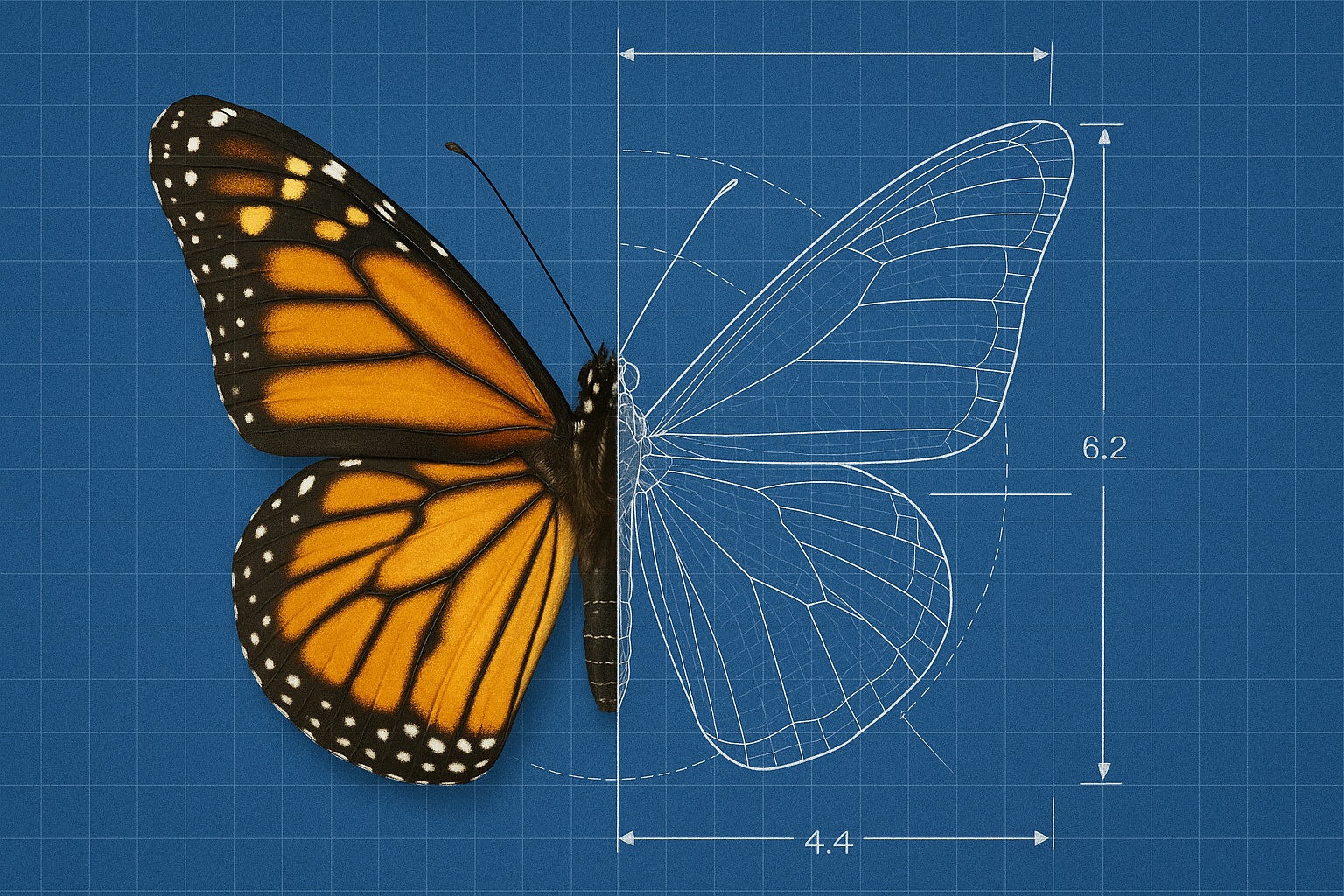
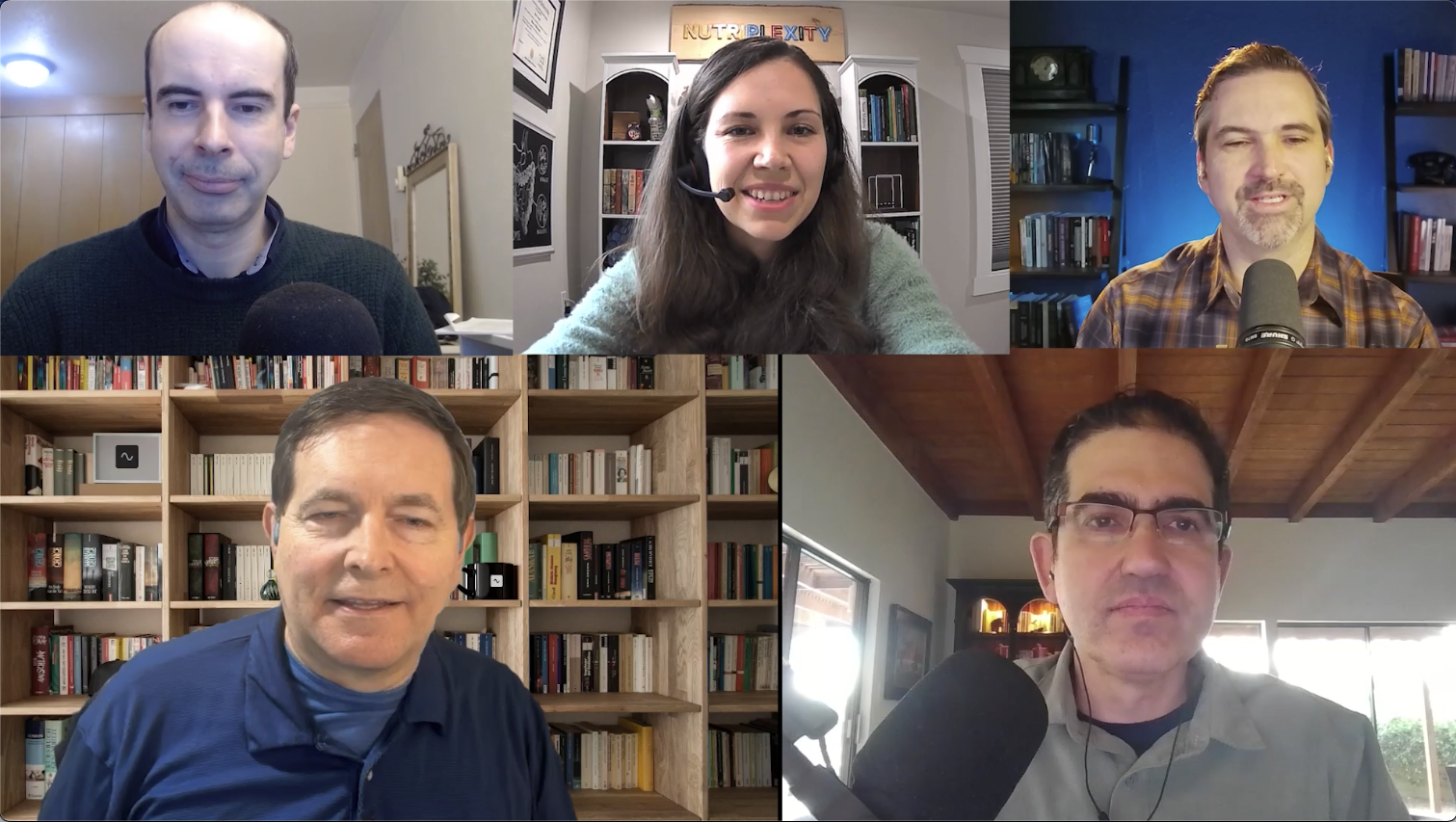



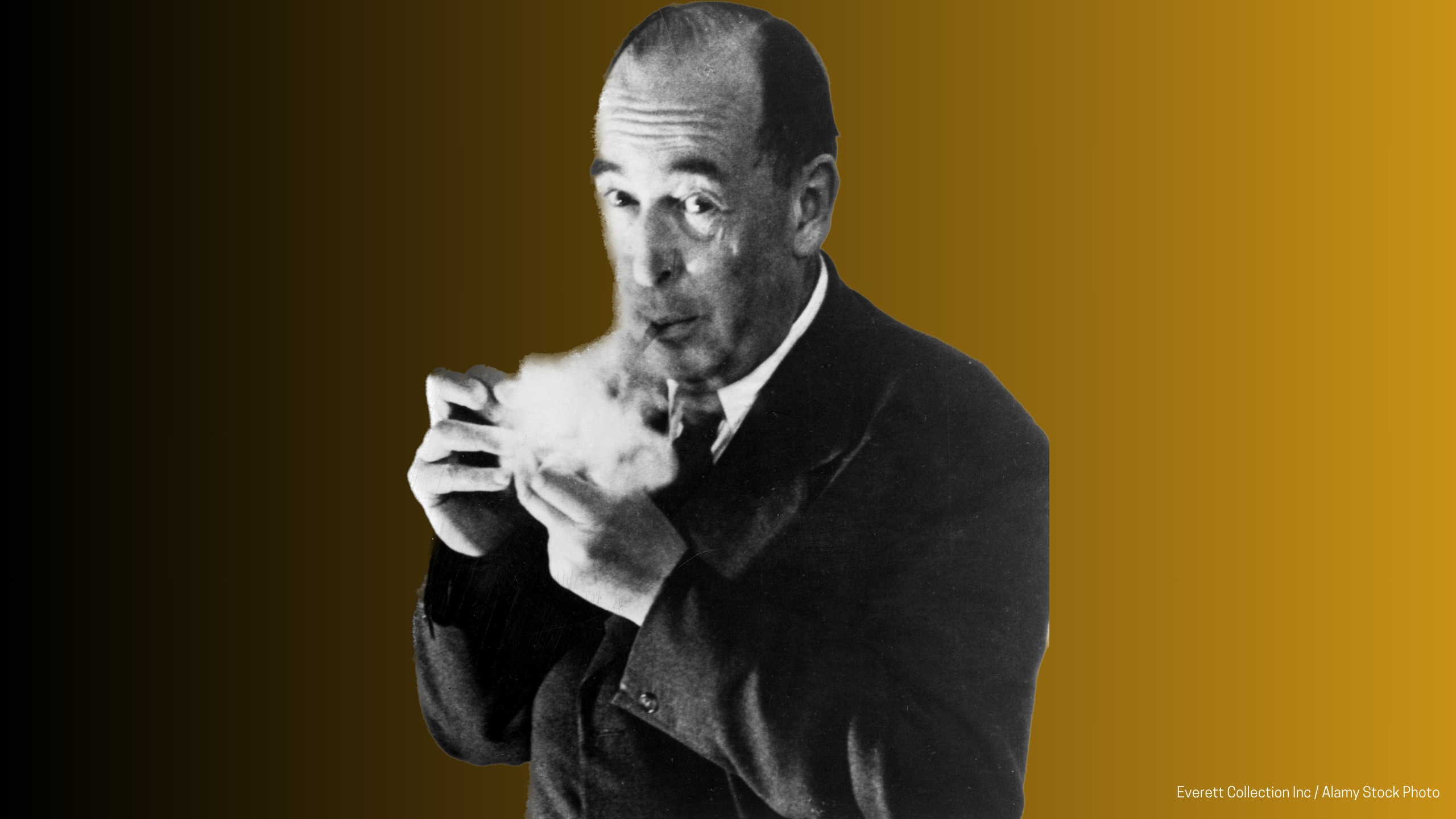
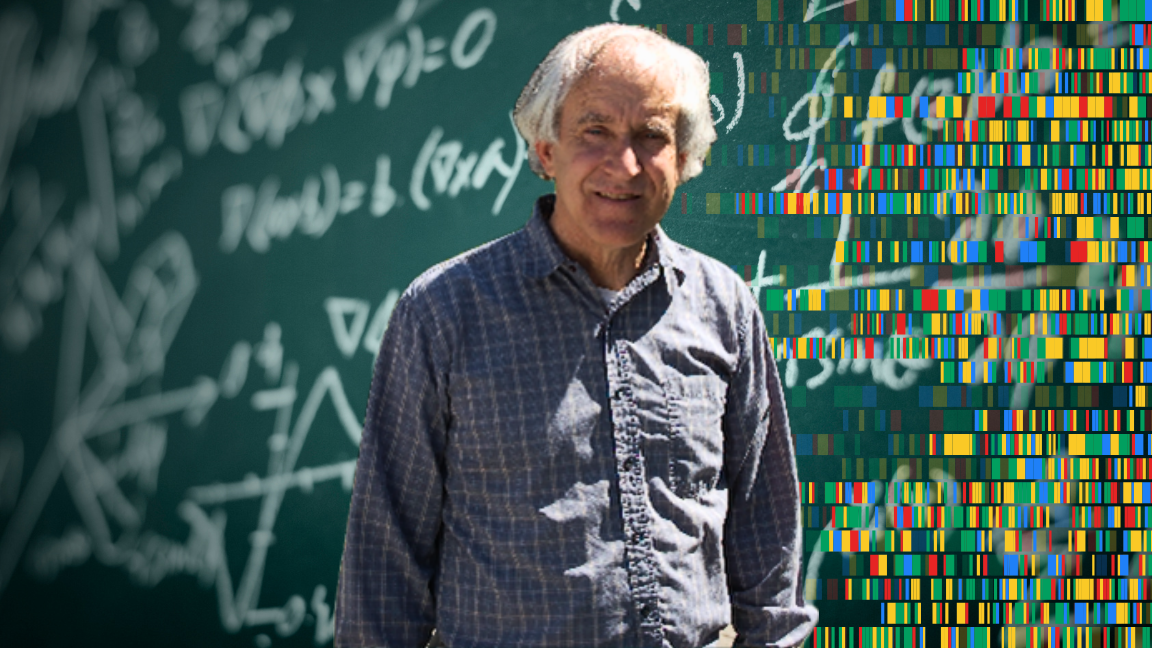

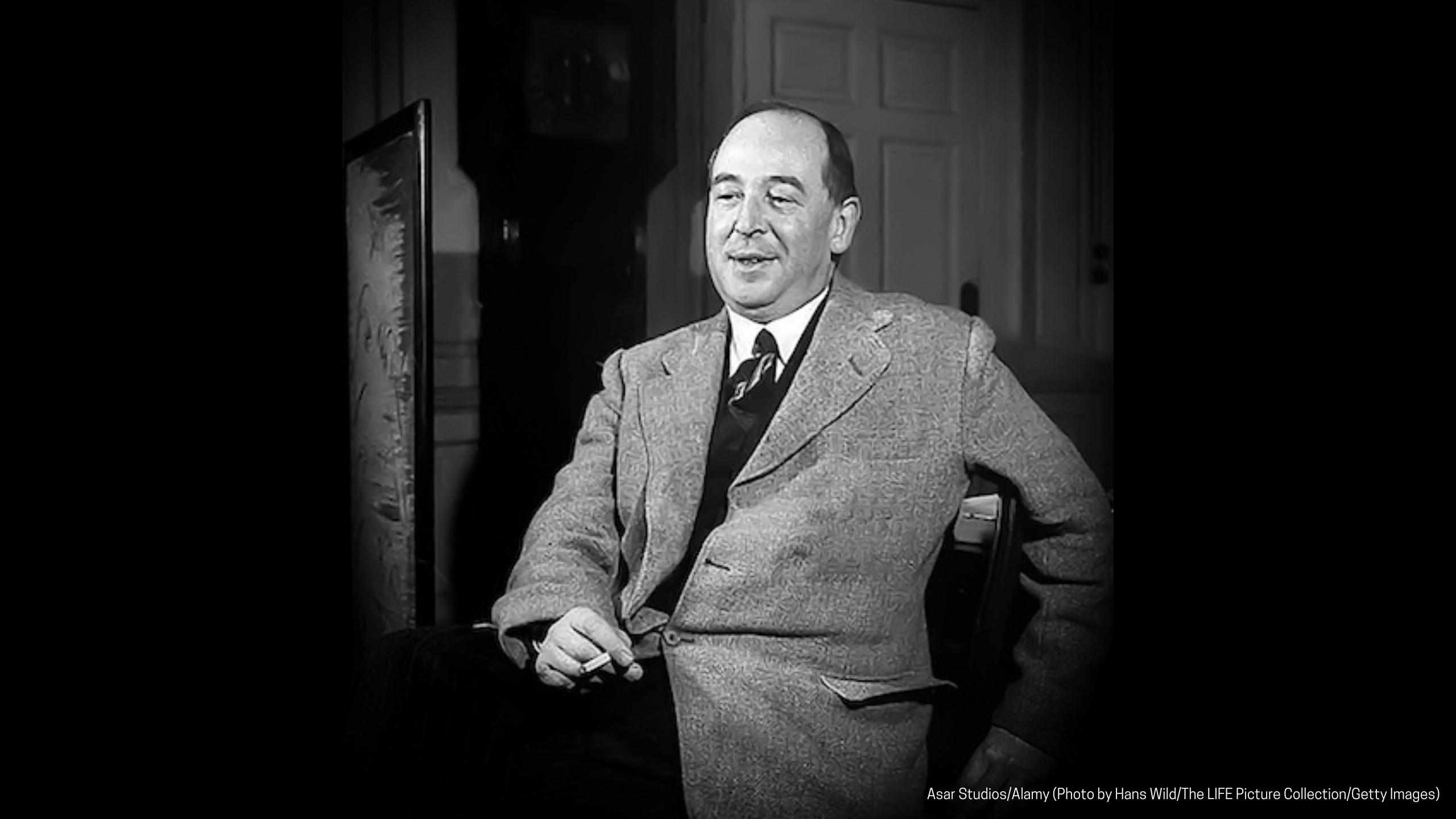
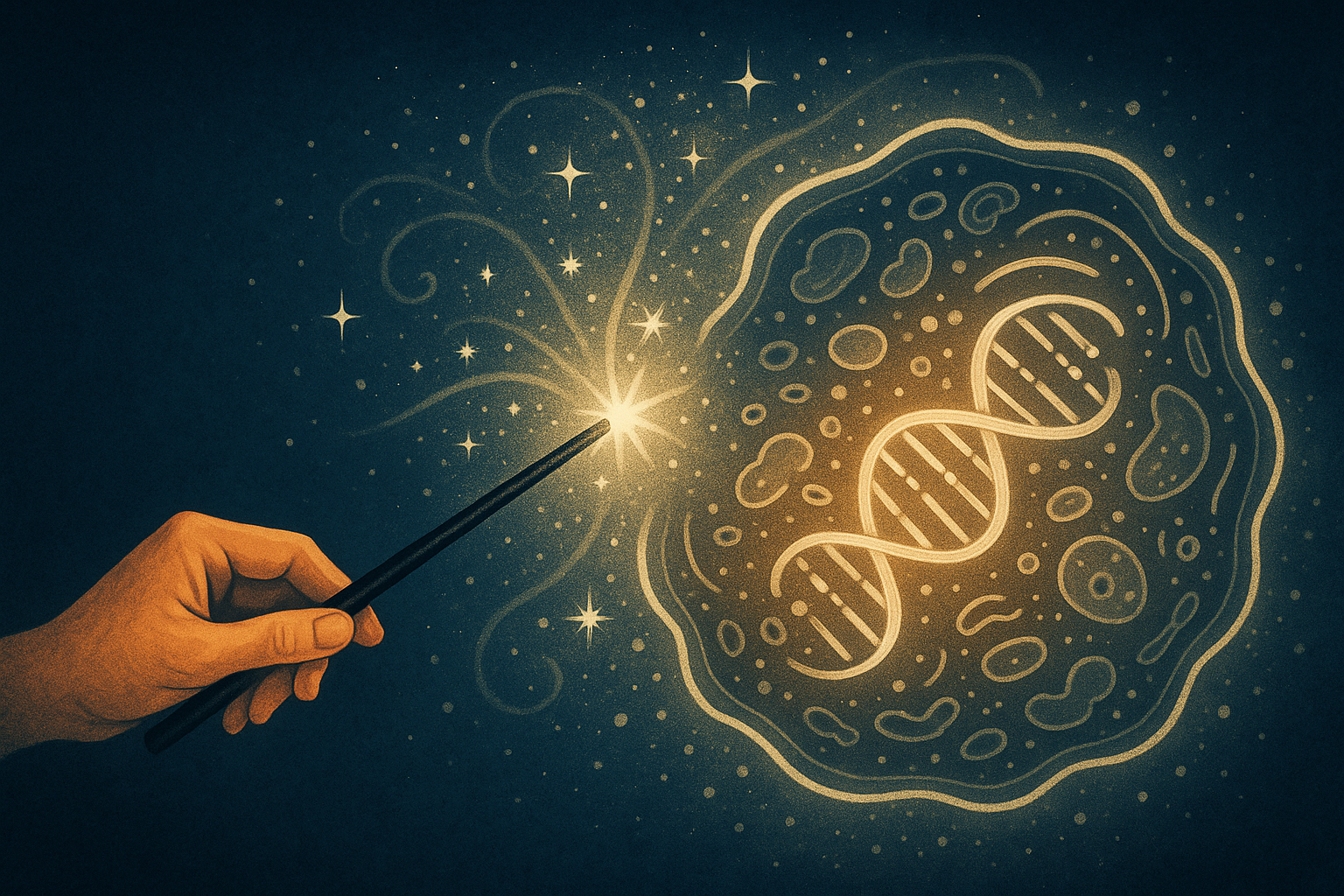
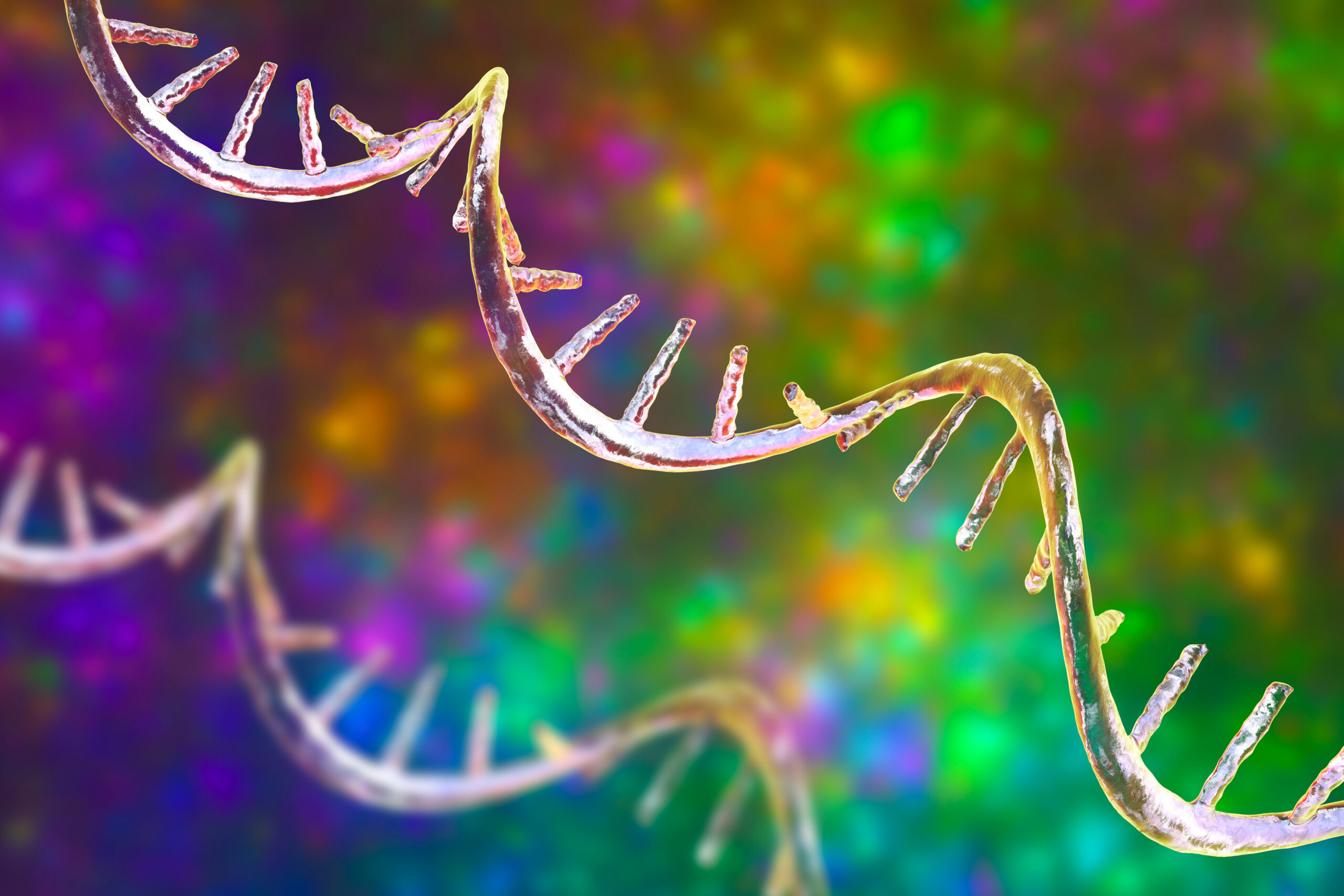










Thank you Jesus for being my hope, my Light and my Life.
Ah, a podcast about bat shit crazy Creationism. Nobody is fooled. We know what ID is.
If everything is trending towards entropy, then: [1] should we be experiencing 'global cooling'? [2] what would be powering the heat engine of hell? I can see the outer darkness aspect, as a function of entropy.
I love this podcast. If you look at all evidence objectively you must think ID possible.
lies .
This is by far my most listened to podcast, and even started at the beginning once I made it all the way through. I'm glad there's always new fresh content. And it's always very cutting edge and important. I'm slightly baffled that there isn't more buzz surrounding their work. Give it a listen and spread the word! Good ideas this way!
I appreciate most of this, but he attributed personhood and will to the singularity without giving a reason. By faith I can understand the Singularity as God, but I would have appreciated a reasoned argument for this.
You do not make a case for anything. Tell me how this is better explained by design than unguided evolution.